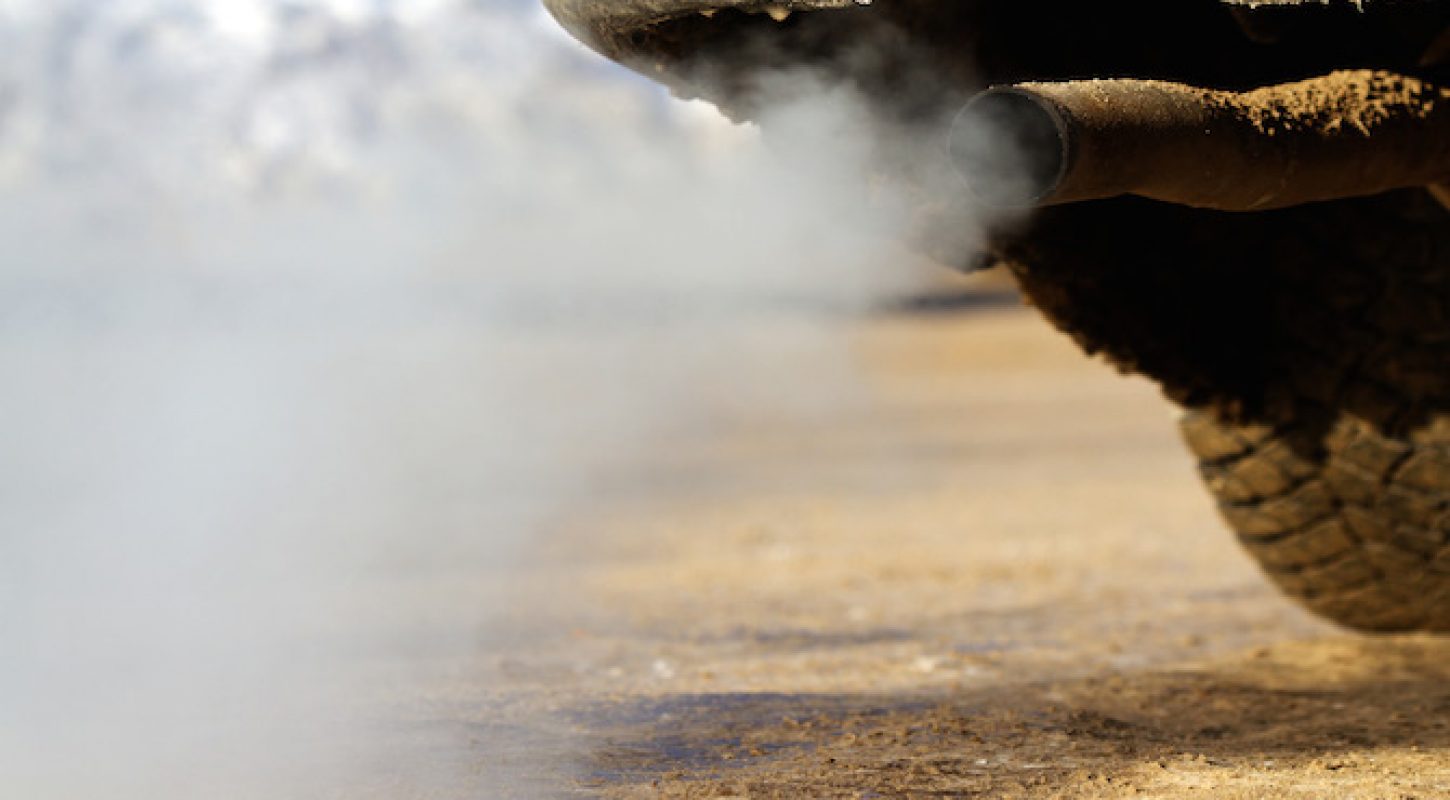The other day Bear and I were out for a walk when a fancy car passed by with lots of icky exhaust pouring out its tailpipe. Bear commented, “That makes me sick! He put chemicals in my mouth!” Then he pointed to the car and said, “That’s not nice—you put chemicals in my mouth!” I haven’t said anything to Bear about car exhaust and pollution that I can remember, but my little 3-year-old Lorax was definitely on to something.
It made me wonder: Is it possible to raise more awareness about what’s coming out of the back end of our cars? Sure, we know that burning fossil fuels in general isn’t good for the Earth, but does that knowledge really do enough for keeping our air clean? Turns out, it doesn’t. Every state has different requirements when it comes to regular emissions or smog testing, and in many cases, there’s exemptions. Vehicles registered as collector cars, for instance, are free to spread their gunky exhaust all over town. And in some states, you can even pay your way out of testing simply by submitting a smog abatement fee. As if a few bucks can save our lungs from a smoggy drive-by! Because it’s not just our planet that’s suffering, it’s our own bodies—especially our kids’. A study in the European Respiratory Journal reported that 14 percent of asthma cases are caused by traffic exhaust. And a study conducted by Environment & Human Health, Inc. found that children are 40 percent more likely to have an asthma attack when outdoor pollution is high. That probably makes you want to yell at cars too, doesn’t it?!
If I could wave my magic wand, everyone would be required to take their car for regular emissions testing. In California, smog testing alone helps remove over 360 tons of air pollutants each day. If only police officers would make the same efforts toward ticketing cars for toxic smells as for speeding. It could help boost city income and solve the icky factor of being doused in chemicals. Until that happens, though, you can help matters by keeping your own car in check. If you are experiencing strong smells out of your exhaust, understand where the problem lies so you can address it ASAP.
A few weeks after the chemical incident, I sensed Bear was feeling a bit off while eating breakfast. I asked him if he wasn’t feeling well and he replied, “My heart is gone. I need my power back. It went up in the sky, in the mountains. I need to eat more vegetables.” It was just one more reminder that we can all learn something from our little ones!
How do you feel about car pollution? What do you do when you walk by a car that reeks of toxic chemicals?
Photo Credit: Urban Air Initiative
Is a vegan diet healthy? Is it expensive? Nutritionist Sharon Palmer div…




